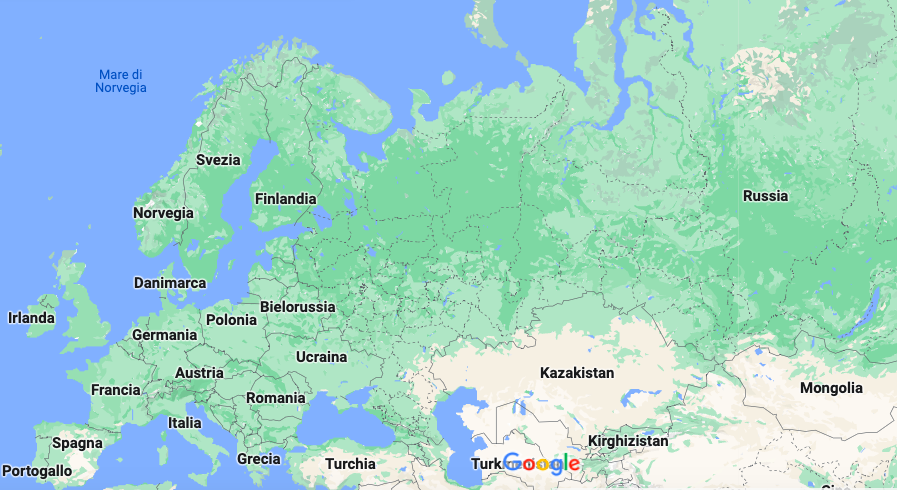The Spd's Mistake
After having ruled with Gerhard Schröder from 1998 to 2005, the German Social Democrats were a minority partner in two Grand Coalitions led by Angela Merkel from 2005 to 2009 and from 2013 to 2017. Excluding the parenthesis from 2009 to 2013 then, the SPD has been governing Germany almost continuously since 1998. They also achieved one of the most ambitious social reforms in the history of the German Federal Republic, the Agenda 2010. Since the late 1990s, Germany has become more modern and more open, economically stronger, appreciated in Europe and around the world. German culture and language have even become fashionable. The paradox of the German Social Democrats is that they continue not to enjoy the political dividends of this extraordinary international brand named 'Germany'.
Prospects for September 24th are bleak. The SPD risk going back to where they were in 2009, at 23 percent, which represented its historic low. The gap between them and the Unione (CDU/CSU) has been considerable for years: 10.8 percentage points in 2009, 15.8 in 2013 and risks being at least 12-14 on 24th September.
The reasons for the Social Democrat crisis are manifold. They have certainly paid the political price of Agenda 2010, which was followed by the birth of a party to the left of the SPD, Die Linke, which remains stable at around 10 percent, and with whom political cooperation is always very difficult. In addition, the 2010 Agenda has separated the SPD from its traditional left-wing electorate. It is true, however, that the 2010 Agenda was an important development factor for the whole country and that even in 2005, when the social conflict over the reform was intense, the SPD achieved a good election result: 34.2 per cent. The effect of Agenda 2010 therefore should not be overestimated when it comes to discussing the difficulties of the German Social Democrats.
A further reason for the SPD crisis is participation in the Grand Coalitions. Alliances with Angela Merkel have been a deadly hug. The Chancellor has taken up many political stances which were once the domain of the German left: from the minimum wage to the abandonment of nuclear energy, from the elimination of mandatory military service to gay marriage. But attributing all responsibility for the crisis to the alliance with the conservatives is also a simplistic interpretation. The SPD was also in opposition from 2009 to 2013 and the effect was not very healthy: 25.7 percent and 15.8 percentage points behind the Union (CDU/CSU). In short, neither should participation in the Grand Coalitions be overestimated as a cause.
In fact, the worst mistake of the SPD is probably to be found elsewhere. Unexpected and hidden. Unthinkable and paradoxical. Considering the SPD has had a part in governing the country since 1998 practically and that in recent years Germany has grown (not only economically but also culturally) and has become one of the countries where a large part of the European population (and not only) wants to live, the SPD should be taking advantage of this political ‘heritage’. Instead of this the SPD seems to want to unravel it, constantly pointing to a necessary discontinuity from the recent past. The SPD has played an important role in moulding the new Germany, it has decisively contributed decisively to the development of an autonomous foreign policy, to cultural and social renewal, to an anthropological change in German society, and yet the symbolic image of this Germany remains always and only Angela Merkel. Some German commentators have argued provocatively that the CDU leader is the most successful Social Democrat chancellor in the history of the Federal Republic. In 2015, Torsten Albig, at that time Schleswig Holstein's Social Democratic President, even said that the SPD did not need a chancellor candidate because Merkel was doing his job very well already.
The SPD's mistake is that it has not claimed the credit (and continues not to do so) of the achievements of today's Germany and the winning image of Germany in the 21st century. Instead of highlighting what is wrong in the German Federal Republic, the SPD should emphasis their role in the forging of the new Germany and not allow Merkel to retain her exclusive right to it. But maybe it's already too late.




Commenti
Posta un commento